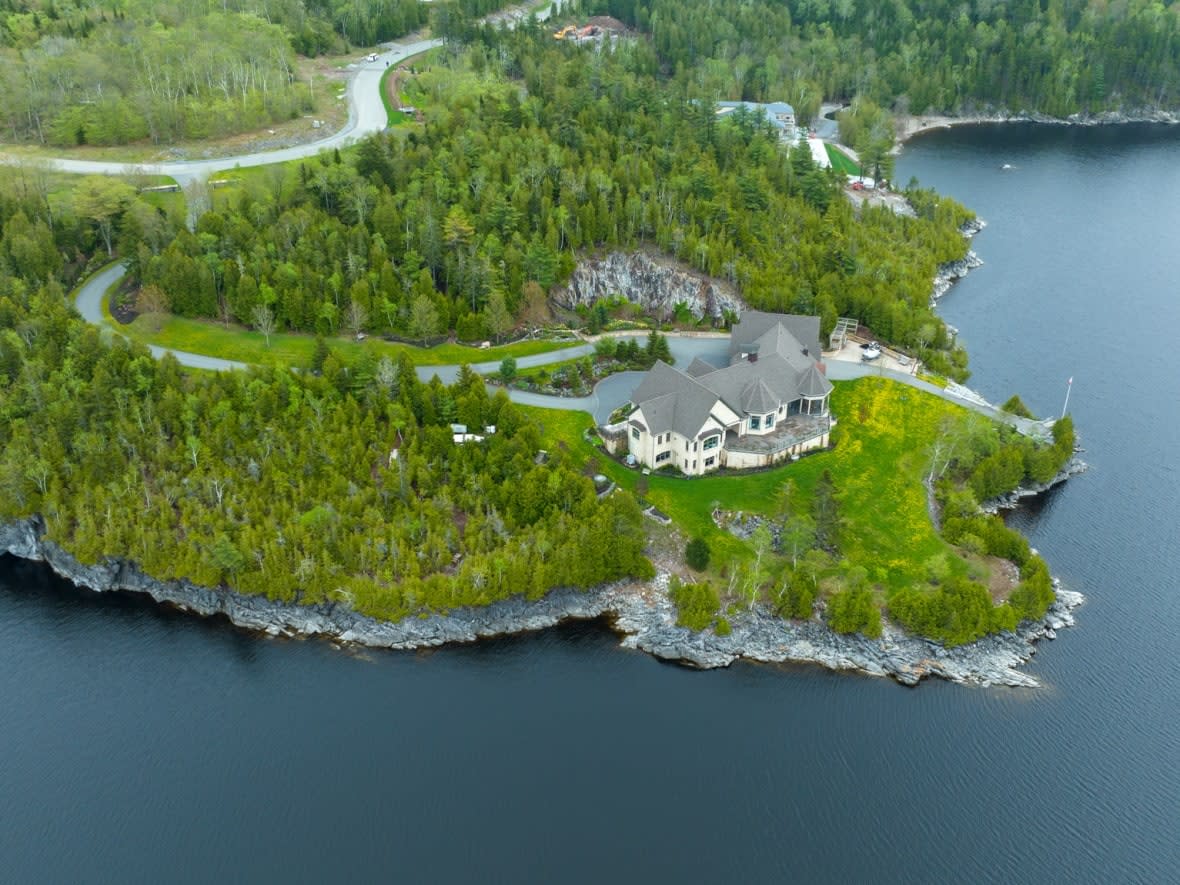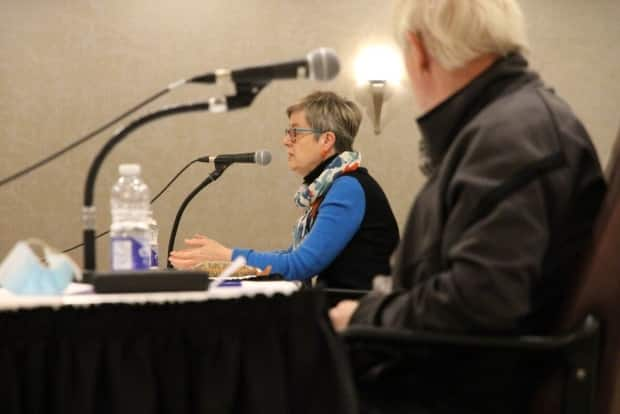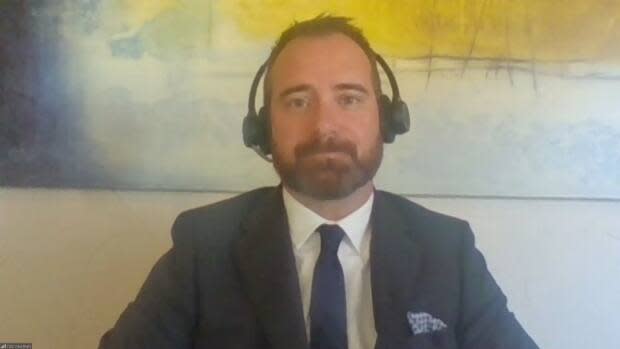Saint John's most expensive homes assessed by N.B. at less than full sale price

In 2014, a house in the exclusive Saint John neighbourhood of Drury Cove, owned by prominent businessman Lorne Brett, went up for sale.
Sitting on 19,000 square metres of manicured grounds, including 200 metres of waterfront, the property boasts commanding views of the Kennebecasis River and eventually sold for $5.15 million.
Eight years later, the property is assessed for taxes by Service New Brunswick for less than half that original sale price — $2.44 million.
It's the kind of assessment that has irritated Saint John Mayor Donna Reardon and caused her to question whether Service New Brunswick properly values properties in her city.
"I'm frustrated," Reardon said last week about the number of property valuations in the city that appear to be low.
"When I look at it, I say what is it? What can it be?"

Reardon is not alone in seeing problems.
Rob Newman, the director of property tax at the commercial property consulting company the Altus Group, says Service New Brunswick is not as open as it should be about the assessment decisions it makes.
Patchwork of assessments
He said it does not release basic information about how properties are valued that "sophisticated assessment authorities" make available regularly and that makes judging the quality of its work difficult.
Square footage of buildings, classifications of whether properties are residential or commercial, details on when property sales are arms length or not and data on how assessments compare to sales across the province are all available in some jurisdictions, he said.
"What we need in New Brunswick is access to all the data so that the public can then look and determine whether or not an assessment is accurate, is it uniform and is it fair," said Newman.
New Brunswick has a "market-based" assessment system where properties are meant to be valued at "the price that the property would likely sell for on the open real estate market," but that principal appears to be applied only haphazardly.
The result is a patchwork of assessments in the province that sometimes reflect what a property is worth and sometimes doesn't, and ultimately treats individual taxpayers differently.
That's a problem, according to Newman.
"You don't want inequalities between one owner or another," he said in an interview
"Properties are supposed to be taxed based on value. It's unfair if one property is not assessed in a uniform manner to another."

No mechanism to address unequal treatment
Newman is a member of the Canadian Property Tax Association and last year it raised concerns with a lack of transparency in the way property assessments are put together in New Brunswick and about how there are no mechanisms to address the unequal treatment of similar property owners.
He said New Brunswick property owners are the only ones in Canada who cannot challenge an assessment if others in the community with similar properties are being charged less.
"Uniformity in assessment is a cornerstone of fair assessment practice and for those of us in the profession it comes as a shock that we don't have 'equity' in our legislation," Newman said.
Reardon's complaints are different but touch on some of the same issues of fairness and transparency.
She contends assessments on many properties in Saint John are set below market prices.
That shifts the tax burden away from where it belongs, restricts revenues and prevents the city from lowering its tax rate to lessen differences with neighbouring communities, she said.
It's not an empty criticism.
Property records show the 10 single family houses that sold for the highest prices in Saint John in 2021 cost buyers $8.9 million but were then given a combined assessment by Service New Brunswick for 2022 of $6.9 million.
That is what is known as a "sales to assessment ratio" on those 10 properties of 77.5 per cent, well below Service New Brunswick's long held target of matching sales prices and assessments.
"The optimum ratio is 100 per cent, which would indicate the assessed value was equal to the market value," the agency explained in one of its annual reports.
"This is the goal of every assessment."

Service N.B. defends its assessors
Service New Brunswick did not respond to requests to share information on how its 2022 property assessments match up up with 2021 property sales in the province but the agency did issue a statement saying it adheres to all professional standards
"Our assessors are unbiased, highly qualified professionals who follow the professional standards and best practices of the Appraisal Institute of Canada (AIC) and the International Association of Assessing Officers (IAAO)," said the statement.
"As part our ongoing quality control process, we continue to implement several enhancements to ensure accurate property assessments including a Quality Assurance team that carries out several internal measures to verify our assessment data."


